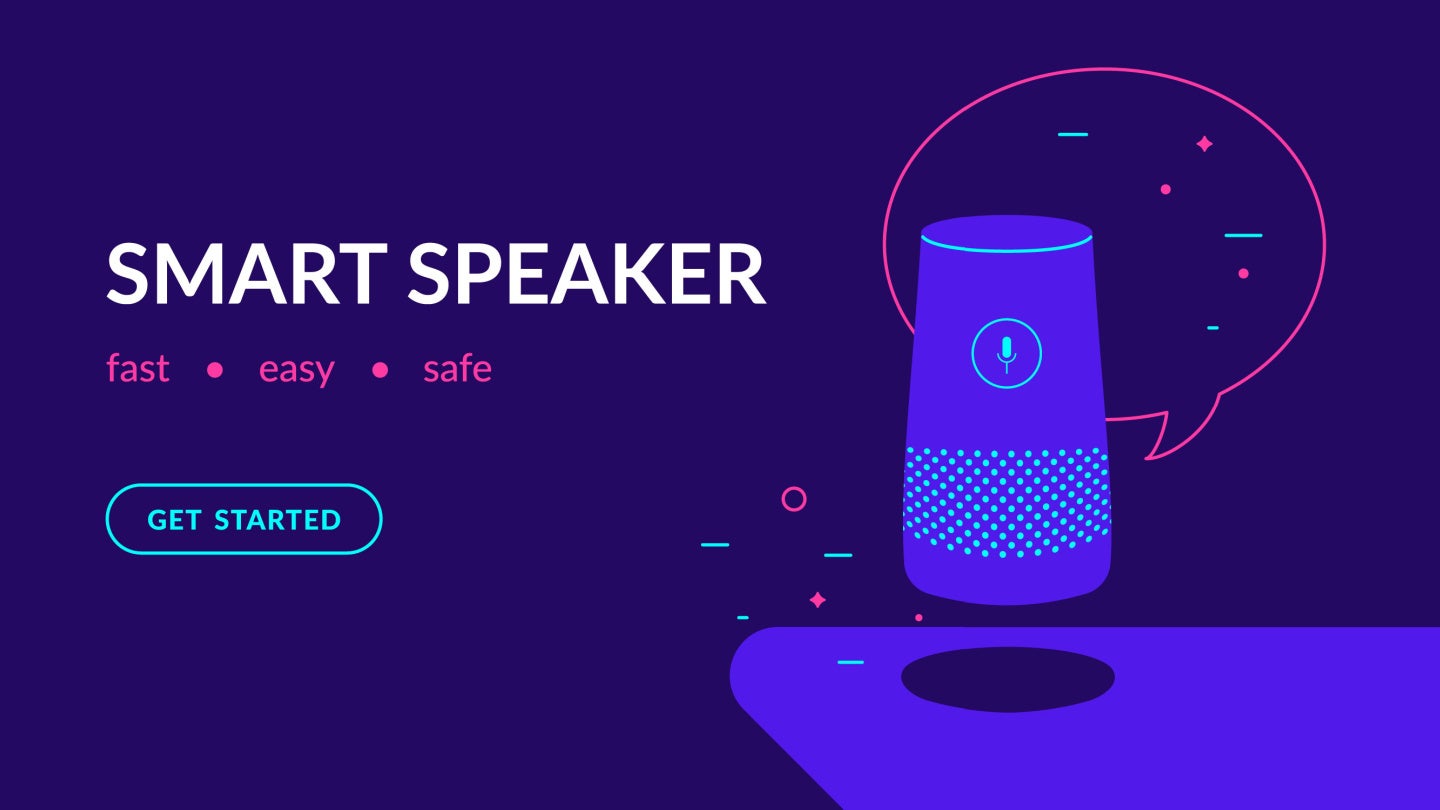The announcement of Harman’s new smart speakers, with their industry-first simultaneous integration of AI voice assistants Alexa and Google Assistant, gives JBL a major competitive edge over rival smart speakers.
Consumers with smart home devices and accessories from multiple brands that only work, or work better, with Alexa or Google Assistant will benefit from being able to simplify their processes and seamlessly control such products by utilizing JBL’s new Authentics smart speakers.
JBL enjoys supremacy over rival smart speakers, in the context of offering simultaneous AI voice assistants. It will be short lived though, as both Amazon and Google will most definitely feature simultaneous AI assistants in future releases of their respective smart speakers.
While no announcements pointing to this development have thus far been made by the tech giants, we can be sure of two things: First, they will not willingly give a competing OEM a favourable advantage over their own products; and second, the smart home interoperability movement was always heading in this direction.
Where does this leave Apple?
However, this leaves a lot of uncertainty concerning Apple, which maintains a much more closed-off ecosystem than both Amazon and Google. For this reason, it is likely that in the near-term Apple will be reluctant to offer Siri outside of its own HomePod smart speakers.
Apple’s self-acclaimed world-leading stance on privacy and security will further dissuade the company from plugging Siri into what it considers less privacy- and security-centric devices offered by rivals, at least until, or if, others deploy the same capabilities that get Apple’s approval. It is uncertain at this stage if the reverse will also be true, meaning Alexa and Google not making their way to the HomePod.

US Tariffs are shifting - will you react or anticipate?
Don’t let policy changes catch you off guard. Stay proactive with real-time data and expert analysis.
By GlobalDataHow interoperable are the new JBL speakers?
Unfortunately, there are key connectivity protocols absent from the new JBL speakers. Despite helping push interoperability along, ironically none of JBL’s three speakers offer support for Matter. While it is the case that most smart home devices and accessories are compatible with Amazon Alexa or Google Home, there are still some that are not, which limits the scope of how interoperable the new JBL speakers are.
Another notable omission is support for Thread, preventing the speakers from being used as Thread Border Controllers. Thread is a low-power, low-latency mesh network for certain smart home products to connect to instead of WiFi or Bluetooth, providing users with benefits such as decreased latency between interactions across these products and increased security.
Zigbee and Z-Wave are also missing, essentially limiting the speakers to controlling devices and accessories that are only compatible with Works with Alexa and Google Home.









